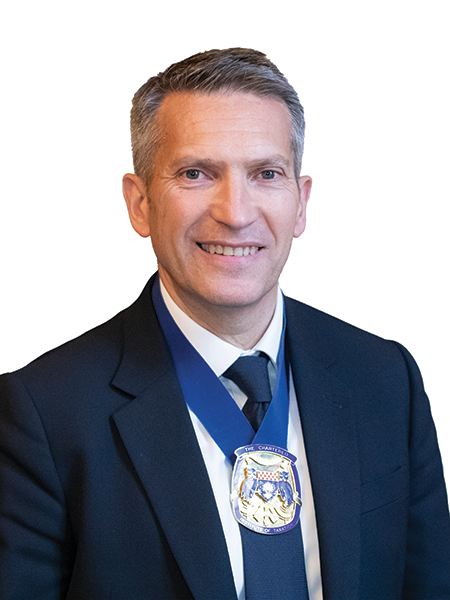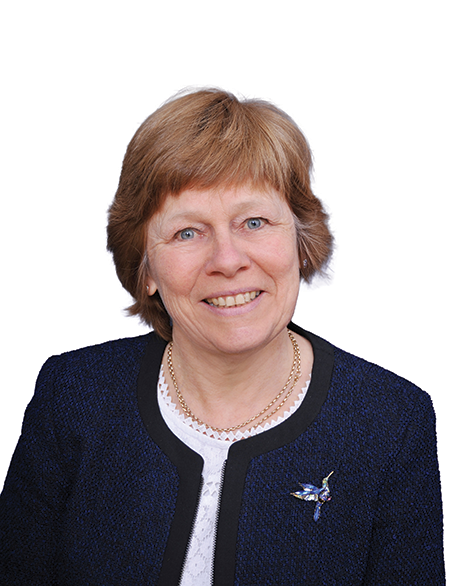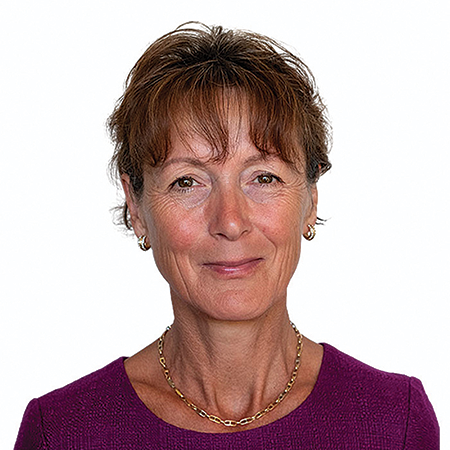


At its recent annual general meeting, the Chartered Institute of Taxation announced the new officers for 2023-24.
- President – Gary Ashford. He is a partner at law firm Harbottle & Lewis and a former tax inspector at HMRC. He has been a CIOT council member since 2011 and chairs the joint CIOT/Association of Taxation Technicians crypto assets working group. He sits on the institute’s management of taxes committee.
- Deputy president – Charlotte Barbour. She is director of regulatory authorisations at the Institute of Chartered Accountants of Scotland (ICAS) and a former ICAS director of taxation. A CIOT council member since 2019, Charlotte is secretary to the joint professional bodies Professional Conduct in Relation to Taxation group and a member of the institute’s Scottish technical committee.
- Vice president – Nichola Ross Martin. She is managing director of Tiger Dog Media & Publishing Ltd and Ross Martin Tax Consultancy Limited. She has been a CIOT council member since 2017 and sits on the membership and branches committee and joint equality diversity and inclusion committee.
Gary said: ‘It will be a privilege to take on the role of CIOT president at the end of this month, succeeding Susan Ball, who has done a fantastic job over the last year. Having been on the CIOT council for more than ten years now, I know how important the work we do is. From the CTA qualification to our technical work, to improving public understanding of the tax system, the institute plays a vital role in tax policy and the tax profession, working in the public interest.
‘I look forward to continuing this with the CIOT officers and council in 2023-24, and to meeting members, the executive team, staff and old friends at branch events throughout the year.’
Give HMRC more resources
In his inaugural speech as president, Gary urged the government to provide HMRC with the resources needed to improve service levels to taxpayers and advisers. He said: ‘Poor service levels at HMRC are not just a pain for taxpayers and advisers, they harm tax compliance, hinder business activity and hammer away at trust in the tax system. A strong economy needs an effective tax system.’
He pointed out that the department has 6,000 fewer customer service staff than it did five years ago and that while there is potential of technology, ‘cutting staff numbers now in anticipation of efficiencies from digitalisation which have not yet arrived, seems to me to be putting the cart before the horse’.
Artificial intelligence
On the impact of artificial intelligence on the tax profession, Gary said that, while ‘chatbots’ such as Chat GPT are not about to replace tax advisers, they will require the profession to adapt. It was ‘a powerful tool – for research, writing basic text and coming up with ideas’ and could be helpful on suggesting, for example, which reliefs might be available to clients.
‘There isn’t a lot of space in the profession these days for people who can’t use a spreadsheet or the internet. In a few years’ time it could be the same with AI,’ he warned.
Regulation
Gary also referred to regulating the tax profession. He said if the government decided to move forward in this area there are two broad directions it could go – government regulation, or a solution based around professional bodies. The former was likely to be costly and ineffective, with the standards imposed probably lower than those already required of CIOT members.
He said it would be ‘better by far’ to require anyone providing tax advice on a commercial basis to belong to a recognised professional body. ‘Our rules already protect taxpayers, by making clear that there is no place in our profession for those who devise, promote or sell avoidance schemes. They make clear that, as professionals, our members have obligations, yes, to their clients, but also to wider society, and to the reputation of the Institute and the tax profession as a whole.’
Tribute to LITRG
Gary also used the speech to congratulate the Institute’s Low Incomes Tax Reform Group (LITRG) on a quarter century of work for taxpayers on low incomes. He said: ‘Victoria Todd and her team deserve huge credit. As do their predecessors – in particular John Andrews who set the group up; and Robin Williamson its first technical director, who sadly passed away in September.’









